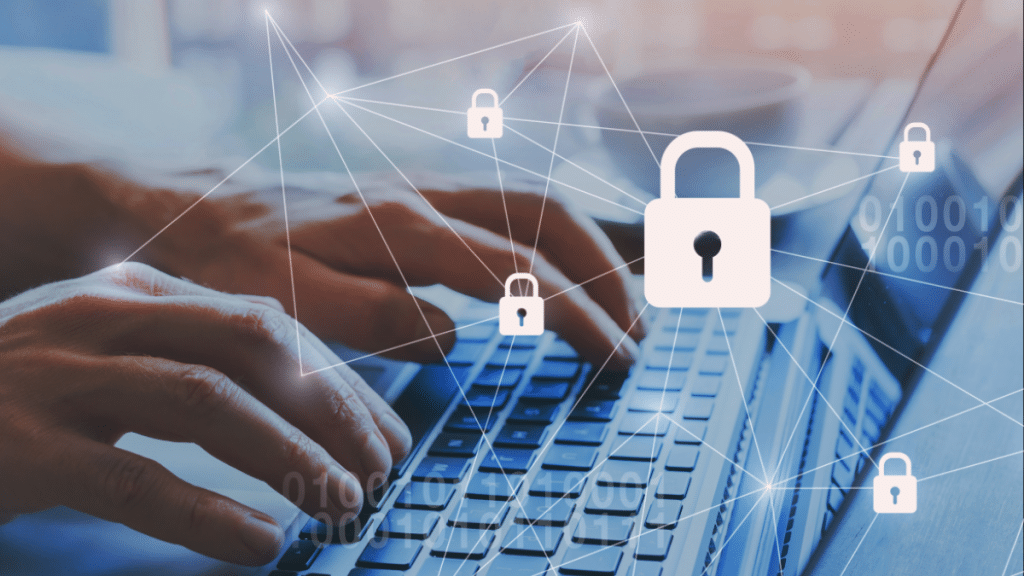You’ve probably heard about SSL and website security, for example if you like to shop safely online, access your internet banking account, or just send an email. But what does all this techy stuff mean? Let’s break it down in simple words.
What is SSL?
SSL stands for Secure Sockets Layer. Imagine it as a secret handshake between your computer and a website. This handshake makes sure that all the info you send, like your password or credit card number, is safe and sound. You can tell if a website has SSL by looking at the web address. If it starts with “https,” it’s secure. If it’s just “http,” be careful. You can also notice padlock near domain name = means all information you send is secured.
Why Does SSL Matter?
Think about it. You wouldn’t want anyone peeking at your personal stuff, right? SSL helps keep your information private. This is super important, especially if you’re doing things like online shopping or playing games at online casinos. These places ask for your payment details, and you want to make sure no one else can see them.
Other Security Stuff to Know
Passwords
We all know we should have strong passwords, but it’s easy to get lazy. Do not forget to use a mix of letters, numbers, and symbols. Most websites will not allow you to create an account without strong password with at least one number and special symbol.
Two-Factor Authentication (2FA)
This is like a double-check to make sure it’s really you. After you enter your password, you’ll to get a code an application like Google Authentication. You’ll need to enter that code to log in. It’s an extra step to check if it is really you.
Firewalls
A firewall is like a security guard for your computer. It keeps an eye out for anything fishy and blocks it. Most computers have one built-in, but you can also get extra software for more protection.
Updates
You know those annoying pop-ups that tell you to update your software? Don’t ignore them. Updates often have new security features that help keep you safe.
Conclusion
Website security might seem complicated, but it’s really about keeping your personal stuff safe. Look for “https” in the web address, create strong passwords, and consider using 2FA.

